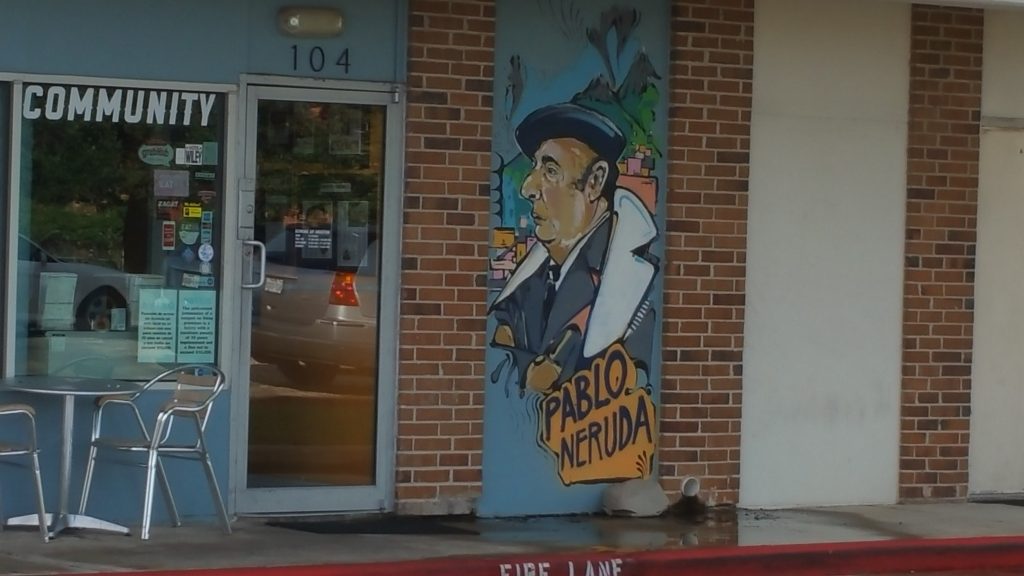For a couple of years now it’s been my habit to wind down the working day by logging onto all my social media sites at the same time and catching up on everything as I finish my work day.
Online social media has made itself ubiquitous and to some degree almost inescapable in the last 3 or 4 years. You can log into your social media accounts in so many ways that it almost seems that you can’t get away from it.
If you have some sort of event or some sort of business that is in any way related to the internet it is almost compulsory for you to become involved in social media. Even if you’re just an individual you are almost obliged to get on and find out what all your friends are doing else you risk falling behind in the latest events and not knowing what is happening in your little social domain.
Lately however it has been become overwhelming. Disasters, news events, the elections, gossip, they all get bandied about by one contact or another on social media sites. You see the same piece regurgitated in a seemingly endless stream of story overload. Then of course comes the incisive commentary from your contact list. People on the left, on the right, people from one group and another. Lastly comes all the fighting and bickering.
And of course a friend of a friend (and possibly of a friend) posts about some tragedy in their life. I want to empathize with their plight but when you have so many people on your news feed demanding your attention it all becomes too much to process and I feel that it actually drains my emotional batteries to the point that I just don’t want to know any more.
I feel like these social media sites aren’t so much communicating with me as they are yelling at me.
So I just left. At first it was for nothing more than just to get away from it all and take an online vacation. To let all the cyber babble die down and give my mind a break.
Surprisingly it was easy. I thought I would want to constantly check and get updates but I found that the first day went off pretty much without any hassle at all. I can’t say that I found a ton of “extra time” or made great personal discoveries by being by myself. I didn’t even take time to wonder how easy it had been to not log in. It was just, quiet.
Instead of logging in I read, I watched a couple of movies on Netflix, “The big short”, a highly entertaining and thoughtful movie. I just went about my daily life without the nagging feeling that I was missing out on something by not checking in.
By day 3 however something curious happened. Social media missed me. Not the individual people mind you. I don’t think they even noticed I was gone honestly. No, the social media websites themselves started sending me emails and telling me how many new notices and notifications had happened since I had last logged in. Another website sent me suggestions for new people to follow that I might enjoy reading about.
By day 4 I had accumulated 99 notifications and then the spam emails kept repeating themselves. Apparently 99 notifications is the upper limit the programmers set. Perhaps they couldn’t believe that someone would let more than 99 notifications go by without checking in.
The only time I was somewhat tempted to log in and post something was when I went to a cafe on the east side of Houston and I wanted to post a picture of the cafe. But as I sat in the cafe I began to think about this and wonder. Does posting about the cafe experience make the experience any better? Why share everything?
I had decided somewhere at the beginning of the “experiment” to come back in a week. A week passed and I found I had absolutely no desire to log back in. I was somewhat apprehensive to tell the truth. I finally relented about ten days in and logged back in.
Like someone coming back from vacation that has a mailbox stuffed with letters, I had to wade through all my old notifications and messages. After about 2 minutes I just hit the “read” button on everything. Nothing had changed. I honestly don’t know what I expected to have changed.
Perhaps one thing that has changed is that I no longer feel that having an online presence is as de rigueur as I once thought that it was. A world without social media is not unimaginable.
I will continue to log in but I no longer feel as invested into the whole social media experience. I don’t feel that I have to share every moment in my life or react to everyone’s news anymore.
You can live your life off the net quite well and find a satisfying life. You can leave.

Recent Comments